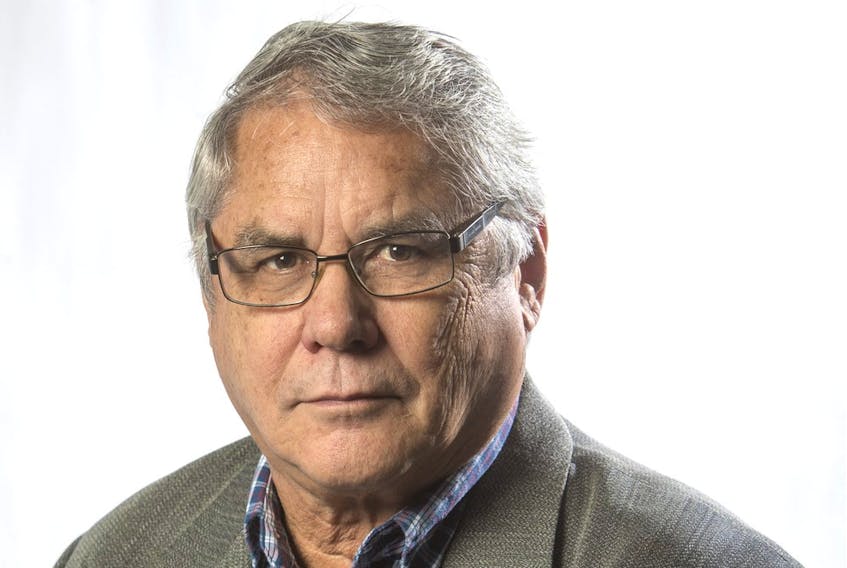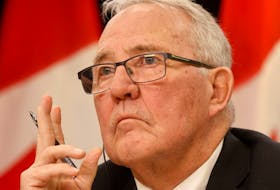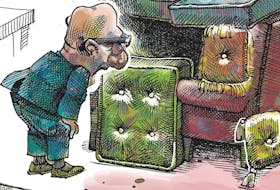Three years ago, NDP Member of Parliament Romeo Saganish introduced a private members bill in the House of Commons to affirm Canada’s support for the United Nations Declaration on the Rights of Indigenous Peoples and to ensure that the laws of Canada would be in harmony with the United Nations declaration.
On May 30, 2018 the House of Commons voted, and the bill received support from all parties except the Conservatives. The Conservatives labelled the declaration “aspirational.” In other words: something to wish for, but not real.
The United Nations Declaration on the Rights of Indigenous Peoples was adopted by the UN General Assembly in 2007 after two decades of negotiations and deliberations within the organization. No other instrument of human rights had been subject to rigorous consideration. At times it looked like the whole process would be discarded onto the scrap heap.
Following its passage, the bill was sent to the Senate for sober second thought where it languished and was beset with procedural wrangling from the Conservatives.
The bill was sent to the Aboriginal Affairs Committee, where it was the subject of more stalling tactics by Tory senators.
So, what is the big deal? The Conservatives maintain that this bill gives First Nations a veto over the development of new resource projects. Sen. Murray Sinclair has maintained that the word “veto” doesn’t appear in the text of the bill and the words “free, prior, and informed consent” in the bill do not constitute a veto.
The Conservative senators presented amendments to all of the bill’s six clauses and added a seventh clause. If any of the changes were accepted the bill would be sent back to the House of Commons and most likely die on the order paper.
The chair of the Aboriginal Affairs Committee, Lillian Dyck, the independent senator from Saskatoon, attempted to hold a vote on the amendments. She was rudely interrupted, however, by Conservative member Dave Tkachuk, who spoke over her and read aloud a letter from Alberta Premier Jason Kenney to Justin Trudeau warning against the passage of C-262 and its perceived threat to economic interests.
The amendments were voted down and the bill has been returned to the Senate for a final vote. The passage of the bill is not a sure thing because the vote must be held by June 21 and since it’s a private member bill it does not have priority.
Meanwhile, the Conservative senators are continuing to oppose the bill, saying the chair denied them their democratic rights. That’s rich when one considers that the appointed senators are holding up a bill passed by the elected House of Commons.
The Conservatives are also holding up legislation supporting Indigenous languages and adding First Nations, Metis and Inuit representatives to the board that makes decisions on national historic sites and monuments.
Two weeks ago, the final report on Missing and Murdered Indigenous Women and Girls listed passage of the UN declaration among the top 10 calls for action.
The passage of the UN declaration will strengthen our treaty and Aboriginal rights. In the absence of political will to work with Indigenous peoples and define and implement our rights as affirmed in the Canadian Constitution, we have no choice but to continue to strengthen our hand through court cases and international declarations. The UN declaration has the ability to lift our people out of poverty and colonization.
This action on the part of the Conservative senators is a clear indication that the Conservative Party has written off the Indigenous vote in the next election and rather will adopt a strategy that First Nations and Indigenous groups are the reason for stalled pipelines and other resource projects. Publicly they will blame the Liberals but, on the doorstep and in the whispering campaign, it will be the Liberals’ support of treaty rights, Aboriginal rights and First Nations “veto” that has stalled resource development in Canada.
Our rights are not subject to partisan politics and should be respected by all parties. No other group in this country is subject to the government of the day defining and implementing their basic rights.
Copyright Postmedia Network Inc., 2019









